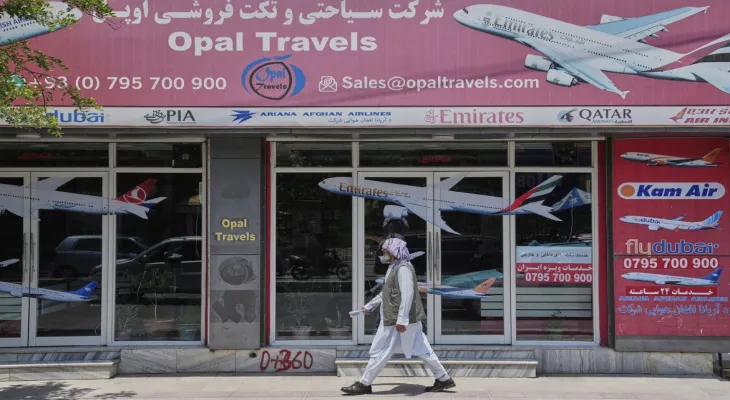Search here
Newspaper
Search here

Arab Canada News
News

Published: June 5, 2025
The administration of U.S. President Donald Trump has imposed a new ban preventing citizens from 12 countries from entering the United States, in a controversial move that recalls previous ban decisions during his first term, which at the time drew widespread human rights and international criticism.
According to official sources confirmed and reported by CTV News, the ban took effect at the beginning of June 2025, and includes countries from the Middle East, Africa, and Asia, under justifications related to "national security" and "the failure of those countries to cooperate with the United States on measures for security information sharing and scrutiny."
Countries included in the ban
The list of countries affected by the decision includes:
Iran
Syria
Yemen
Iraq
Libya
Somalia
Sudan
Nigeria
Eritrea
Chad
North Korea
Venezuela (limited to certain official categories)
Motives for the decision
The U.S. Department of Homeland Security clarified that this ban is a result of a periodic review of the level of security cooperation with foreign countries, indicating that the included countries did not meet the "basic requirements" for sharing information regarding terrorism and organized crime or did not issue reliable travel documents.
A senior official in the U.S. administration stated: "The ban does not target religion or ethnicity, but aims to protect the security of Americans and prevent the infiltration of individuals who may pose a threat," adding that there are mechanisms to review the decision should the security standards of the affected countries improve.
International and human rights reactions
The decision has sparked a wave of human rights criticism, with organizations such as the American Civil Liberties Union (ACLU) and Amnesty International deeming it systematic discrimination against entire populations, and an "unacceptable return to policies based on racial and religious discrimination."
Several countries included in the ban also expressed their discontent, considering it an unjustified step that would negatively impact bilateral relations with Washington and ordinary citizens, including students, visitors, and business owners.
Expected impacts
This ban is expected to affect thousands of visa applicants, particularly from families divided between the United States and the affected countries, as well as its impact on reunification programs and professors and students wishing to study at American universities.
It is noteworthy that this decision may face legal challenges in the courts, as happened with previous versions of the ban decisions, which may keep the future of its full implementation under judicial review in the coming months.
Comments